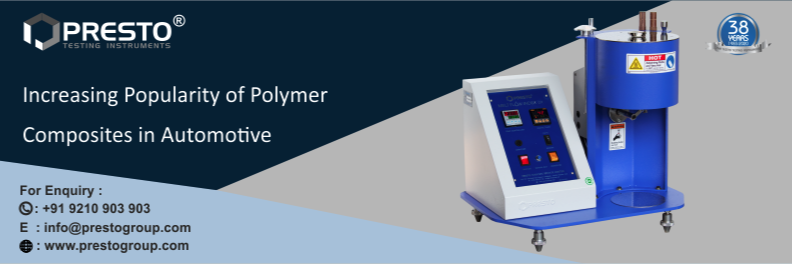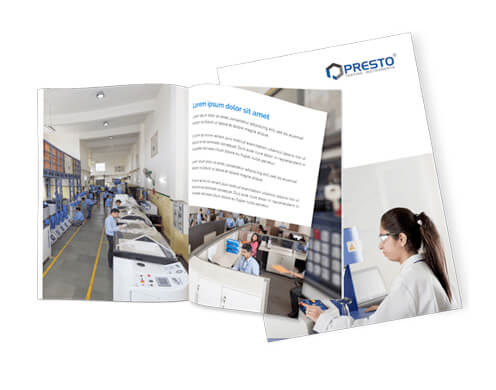Increasing Popularity of Polymer Composites in Automotive

The automotive industry is one of the industries where invention and innovations are taking place rapidly. Part suppliers are usually directly or indirectly involved in the continuous research and development to beat up the rivals. There is one big change that is being experienced is the replacement of many metal components with the fibre components. The high-performance polymers are budget-friendly and standardized according to the automotive standards. As an example, carbon fibre reinforced composites are 50% lighter than conventional steel and 30% lighter than aluminium while retaining the strength properties on par with steel and aluminium, making them an attractive alternative for parts suppliers and manufacturers.
To know more information about its features, price, and technical specifications, give us a call at +91 9210903903 or email us at info@prestogroup.com.
you may also like
- The Ultimate Guide to Universal Testing Machines (UTM)
- Guide to Bursting Strength Tester: Working, Benefits & Price
- Ultimate Guide to Melt Flow Index Tester: Operations, Advantages, and Uses
- A Complete Guide to Box Compression Tester: Methods & Applications
- Hot air oven not working? Common problems & fixing issues
Recent News
- Paper & Packaging Testing Instruments
- Paint, Plating & Coating Testing Instruments
- Plastic & Polymer Testing Instruments
- Environmental Testing Chambers
- PET & Preform Testing Instruments
- Color Measuring Testing Instruments
- View Entire Range Instruments

Catalogue 2023
Get information about new product launches, research, innovation and endeavors at Presto.
download Free Copy
Get a Quote

